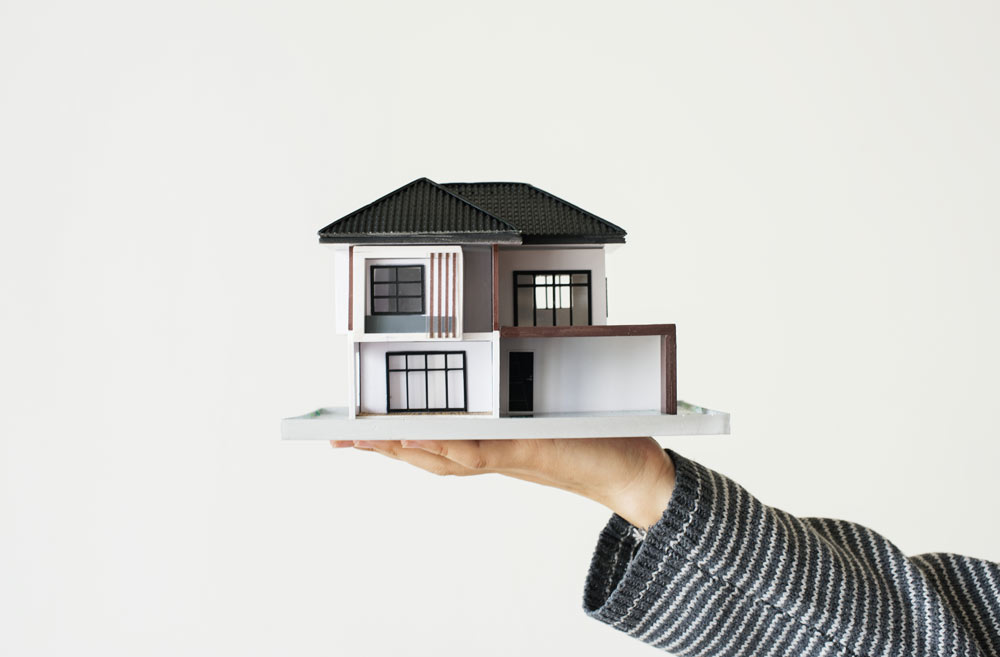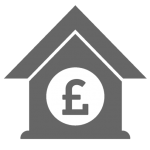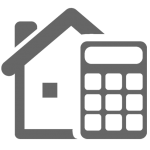

We



We

Kompare will assist you every step of the way. We work and kompare prices from the UK’s leading mortgage providers so you don’t have to.
Finding cheap mortgages is just one click away.
If you didn’t already know, a mortgage is a loan used to buy a property. The amount you borrow, plus interest, is secured against the value of the property. You will pay this back in monthly payments, including interest, until the loan has been paid off in full.
Why pay more than you need to for your mortgage? Whether you’re a first-time home buyer or having to re-mortgage, Kompare will find the right mortgage to cover all of your needs.

When applying for a mortgage, your lender will ask you questions about yourself and your finances just so that he can get a clearer picture of what you can afford. Here are your options:

With a fixed rate mortgage, the interest on your mortgage is fixed at a set interest rate for a certain period of time (usually between 1-10 years). This is favourable to people to need to stick to a budget as it’s fixed.

A variable rate mortgage has an interest rate which is tied to the Bank of England base rate. Their base rate is influential on variable interest rates and is the base rate of each lender.

All mortgage providers have a standard variable rate. SVR is the main mortgage rate which is charged by a lender. This is the long-term rate of interest that borrowers will be charged once their introductory discounted period ends.
If you have questions about mortgages, you can give one our specialist agents a call on 0800 812 1000 and they’ll be able to assist you with any questions that you may have. Alternatively, you can request for us to call you at a convenient time.
We understand that taking out a mortgage can seem quite daunting. That’s why we’ve put together a collection of FAQs to answer any questions that you may have.
To get a mortgage, you can apply through a bank or building society. You will be asked to have a few documents to hand; including proof of identity (drivers licence, passport etc.), utility bills and bank statements.
You’ll also be asked questions about yourself and your finances. This is just so that your lender can calculate which kind of mortgage you can afford. They’ll also run a number of checks to determine your financial status. If your application is accepted, you’ll then be sent an offer.
You can usually take your existing mortgage deal with you when you move, but it’s unlikely that the mortgage on your new house will be the same as your existing one. There’s a chance you’ll need to borrow an additional amount, unless you’re thinking about downsizing.
Expect to go through the same credit checks you went through to get your current mortgage deal. This is just so that your lender can check that you can afford to borrow more.
Please note: You will also have to pay mortgage fees when moving house. The fees include a property valuation, legal fees and stamp duty.
Unfortunately there are fees you have to pay when applying for a mortgage, and there are a number of them. Fees include:
Advice Fees - You may have to pay fees for a mortgage advisor to use their services.
Booking Fees - This helps reserve your loan as the application goes through.
Arrangement Fees - A fee that goes to your lender for setting up the mortgage.
Valuation Fees - This covers the lender when they survey the property you’re looking to buy to make sure it’s worth the amount you wish to borrow.
Legal Fees - These cover a solicitor to do all of the legal paperwork.